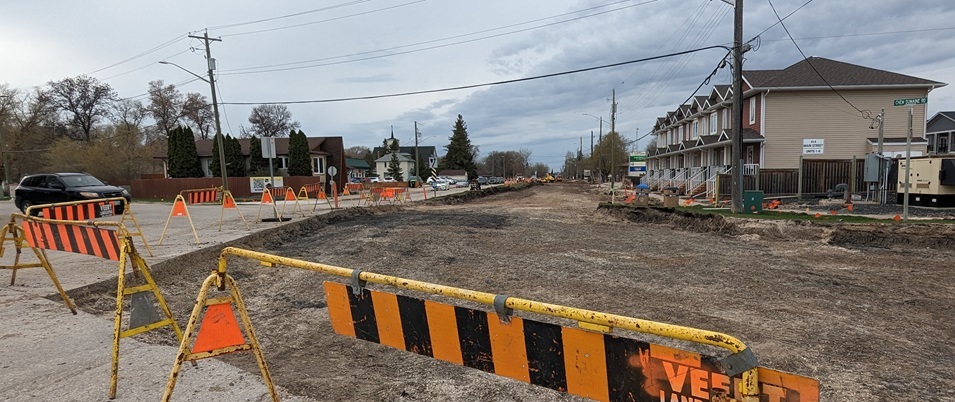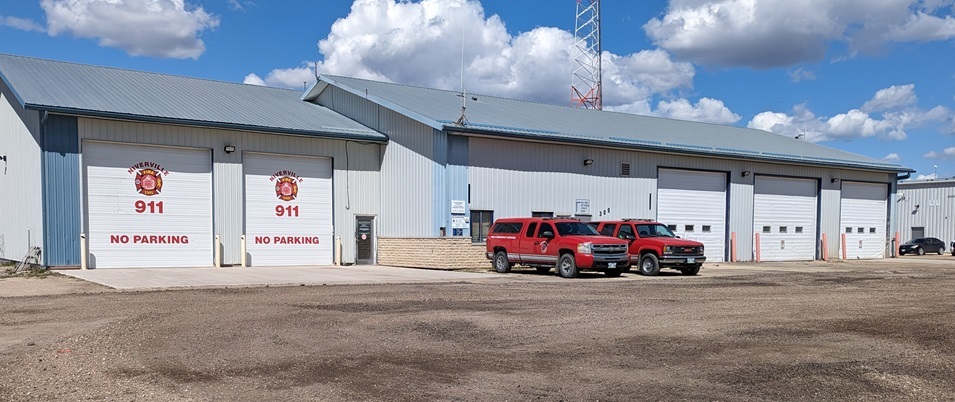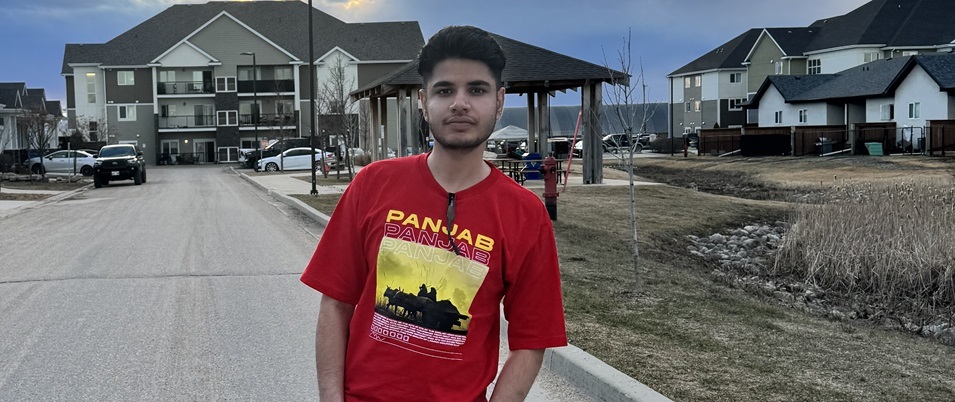
Like it or not, recreational cannabis use became legal throughout Canada on October 17. Canada is now one of only two countries around the globe to have fully legalized consumption and sales of recreational cannabis nationwide. Uruguay introduced full legalization in 2013.
While it’s a monumental decision, and to some degree an experimental one, Canada is not going in completely blind. The sale and consumption of cannabis for medical use has been legal here since 2001. Many other countries around the world, and some states in America, have adopted methods of dealing with cannabis through varying levels of decriminalization. Only one state in the U.S., Colorado, has fully legalized recreational cannabis and, like Canada, the state government collects revenues from its sale.
For medical cannabis users in Canada, nothing will change. The laws that govern it will still come down from the federal level. In response to legislation for recreational use, the feds have chosen to share the responsibility of governance with provinces, allowing them a certain level of flexibility.
Since the feds have laid the groundwork for legalization, including age minimums for use and maximum amounts for personal public possession, provinces have been given authority to establish their approach to retail sales, distribution, and their own mandatory minimum age which can be higher than the federally endorsed 18 years of age.
Provincial governments can also choose the level of autonomy they give to municipalities. Some provinces, like Saskatchewan and British Columbia, are giving their municipal councils the option to opt out of allowing cannabis retail stores in their communities. Quebec, Ontario, and Alberta have no opt-out option. Manitoba lands somewhere in the middle, providing an opt-out option only if the municipal council holds a mandatory plebiscite: a direct vote offered to constituents, giving them the final say.
Eight municipal councils stated their intent to hold a plebiscite: Steinbach, Winkler, Snow Lake, Lac du Bonnet, Riding Mountain West, Stuartburn, Wallace-Woodworth, and Stanley. Voters in all of these communities weighed in on the subject as part of the October 24 election.
In the end, only two jurisdictions came out in favour of allowing cannabis retail stores in their communities: Lac du Bonnet and Snow Lake. In both Winkler and Steinbach, the numbers indicated a rather emphatic result: 60 percent voted no.
The RM of Hanover’s council had openly stated their intention to not allow retail cannabis stores in their riding, but they were similarly uninterested in putting it to a public vote. In order to work around this problem, they’ve amended their zoning bylaws in such a way as to making it virtually impossible for cannabis retailers to set up shop.
The Town of Niverville, the RM of Ritchot, and the RM of Tache are taking a relatively open-minded approach. These councils will have jurisdiction over zoning and licensing, certain aspects of retail store location, signage, and hours of operation, as well as rules about public consumption in their region.
“In December of 2017, council passed a resolution regarding cannabis,” says Ritchot’s Chief Administrative Officer, Mitch Duval. “In that resolution, the council supported the growth, distribution, and retail of cannabis, subject that provincial and federal requirements are met.”
Duval says that the new council, as they settle in, will consider a number of categories which will affect their zoning bylaws for cannabis production and sales. These will include cultivation of the plant and considerations as to whether to restrict it to indoor facilities. Other categories for consideration will be cannabis processing and retail sales. Decisions will need to be made regarding the specific zones in which these businesses will be allowed to operate.
“[They will] likely all [be considered] conditional use [applications], permitting the RM to look at each application for its merits and adding references to the provincial and federal laws,” Duval says. “Also, we are looking at amending our employee impairment policy to include cannabis, not only alcohol.”
Under a conditional use application, public hearings will be required, giving the residents of the RM a voice in the matter. Duval says he’s not aware of any inquiries from cannabis producers or retailers to date.
The RM of Tache has adopted a similar approach, applying the conditional use requisite. Zoning bylaws have already been created to ensure that cannabis-related facilities will be required to maintain a 1,000-foot perimeter between their facility, schools, and residential areas.
“We’ve had inquiries, but we’ve had no serious interest to date,” says Tache CAO Christine Hutlet.
The Town of Niverville, too, is working on zoning bylaws which should be finalized and voted on by council this fall. Here, cannabis retailers and producers would require conditional use permits in the Commercial Main Street and Commercial Corridor zones. Locations for retail sales will be restricted to 1,000 feet from a school and indoor-outdoor recreation areas.
“This conditional use would allow council to set their conditions as stringent as they deem prudent,” says Niverville CAO Eric King. “Cannabis growing is licensed by Health Canada and would only be allowed in industrial spaces. Health Canada requires very tight rules on by-products leaving a facility and security controls of a compound which would be beyond Niverville’s authority.”
King says that council will not put restrictions on public use beyond what the province has already established. A new law, developed by the province, restricts recreational consumption of cannabis products in outdoor public spaces, including streets and sidewalks, parks and beaches, school grounds, restaurant patios, and the grounds of healthcare facilities. It also prohibits use in indoor public spaces, including workplaces, with the exception of designated rooms in a hospital’s palliative care unit or end-of-life hospices.
“The town will be looking forward to more information coming out from the province and the Association of Manitoba Municipalities (AMM) with respect to the challenges of cannabis as this change matures,” King says. “Council has looked at it more from economic development and jobs specific to production than the social challenges related to retail and consumption. With the Liquor, Gaming and Cannabis Authority of Manitoba controlling the environment on retail and consumption, policed by the RCMP, it is out of municipal control to a certain extent.”
Council, he says, has spoken with the acting staff sergeant of the local RCMP detachment and they are prepared to put full faith in their ability to police the matter. So far, costs of policing have not increased because of the new legislation.
“Council has been approached by growers to move into the Niverville Business Park, but no buildings have been constructed yet,” King adds. “And we have been approached by retailers at a very high level. However, it appears to be people kicking tires [at this point].”
King speculates that few serious retail inquiries will materialize due to Niverville’s proximity to Winnipeg. The province has allowed for 16 retail locations within the City of Winnipeg. Four cannabis companies have been authorized to run those locations.
The Federation of Canadian Municipalities (FCM), together with the AMM, have been actively championing for municipalities on a national and local level. This past summer, they produced a tool for municipal councils called the Municipal Guide to Cannabis Legalization, covering all aspects related to the topic.
“The AMM appreciates that the sale of recreational cannabis is not meant to be a revenue generating exercise,” the guide states. “However, there will be significant costs associated with the legalization and regulation of cannabis, and these costs must not be downloaded onto municipalities without sufficient funds to address these costs.”
No one seems to be fully clear on just what the costs will be to individual municipalities yet, outside of administration of new bylaws and licensing, and potential extra policing expenses. Only time will really tell. In the meantime, the FCM and AMM are working hard to convince the provincial government to develop a revenue-sharing model.
“Last fall, FCM called for one-third of cannabis excise tax revenues to be allocated to local governments to help support legalization costs,” reads the guide. “The federal government responded by releasing half of its excise-tax-revenue-share to provinces—specifically to support municipalities. This gets us closer to achieving that one-third benchmark for municipalities across the country.”
Quebec and Ontario have already established revenue-sharing models with their municipalities. In Saskatchewan, Alberta, and Manitoba, the provincial direction is still undecided.
With the new dawn of legal recreational cannabis use, Manitobans will need to understand the provincial limitations established for that use. In this province, the legal minimum age for purchase and consumption of cannabis products is set at 19. The maximum allowable possession of dried cannabis products in public places is 30 grams per individual. Cannabis can only be purchased from provincially licensed retailers and home cultivation is strictly prohibited except for medical users.




















